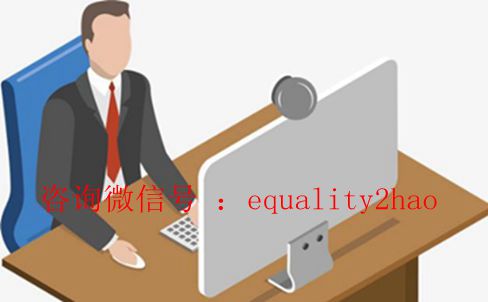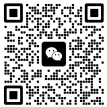铭信品质代写-专业写作团队为您提供:留学生Arts艺术学代写、艺术学online exam/quiz代考、网课代考、essay代写、Arts代写、英国POL政治代写、英国Politics代写、POL代写、留学生PSY心理学代写、Psychology代写、PSY代写、PHIL代写、Geography地理学代写、BIO生物学代写、HIS历史学代写、网课代修、exam代考、、exam代考、网课托管、online exam代考、online exam代考、quiz代考、exam代考....
Defendant governments participated on a voluntary basis, and that it would not be productive to try to force governments into adjudicatory rulings they are not prepared to accept’. Concerning remedies, the GATT 1947 provided for three remedies only namely recommendation to comply, compensation and the suspension of concessions or any other obligations under the covered agreements19. However, as noted above, these remedies were not effective due to the issue of positive consensus. Thus, it should be noted that from the onset the governments showed no political commitment to make an effective system of implementation and enforcement of rulings and recommendations
Dispute Settlement under the WTO
The WTO dispute settlement system, which came into operation in 1995, was innovative. It is governed by the Settlement of Disputes (DSU). Its prime objective is the prompt settlement of disputes between WTO Members concerning their rights and obligations under the covered agreements. Considerations referred two important policies in the DSU namely, protecting the security and predictability of the DSS and satisfactory settlement of disputes. Jackson (1997) argues that these two policy issues may conflict with each other as sometimes the need to reach a satisfactory settlement may compromise the security and predictability of the dispute settlement system.
Developing Economies
The World economy is caught up in two important cross movements. One leads it to greater global integration and in search of a macro-equilibrium, which relates world resources to world needs. The other, equally important, but somewhat opposite tendency is on the part of countries, states and even communities to create an economic environment which maximizes their welfare at household, community, village, city, state or country level. These groups of people or geographical entities are in search of micro equilibrium, which meets their needs with reference to their resources in the best possible manner. It is known that sum of a number of micro-equilibrium will always fall short of the welfare obtained in a macro-equilibrium situation. In this respect in development economics sum of parts is not equal to the whole and larger the number of parts (micro-equilibrium) the larger the gap between welfare obtained in macro equilibrium situation as against sum total of micro-equilibrium. It is in this context that every movement towards a global equilibrium is a welcome step and is expected to add to the over-all well being of the humanity. However, such addition to well being is to be balanced with the search for micro-equilibrium by the local communities, States and Countries. Reconciliation of these requirements is essentially the task before the global community. In addition, here issues of politics and sovereignty interact with issues of economy. WTO, global governance, and new trade round are to be seen in this perspective. WTO attempts to re-arrange trade and production patterns as to maximize economic benefits not only for the member countries but also worldwide. Uruguay round of trade negotiations, which culminated in the establishment of WTO and signing of a number of agreements in the area of World Trade, is about the initial step in the direction of globalization of trade. However, about seven years after the Uruguay round there is still unfinished agenda relating to accommodating the concerns of the developing countries while attending to the needs and interests of advanced industrial countries. Some of the issues identified by WTO in the context of emerging world trade scenario also focus on some of the non-trade issues including labor standards, environment etc. These are, for obvious reasons, being resisted by the developing countries and will alienate them from WTO regime forcing them seek solutions of their trade related problems in bilateral and regional arrangements. The WTO provides three critical services to the international trading system: a forum for multilateral negotiations, an apparatus to mediate the neutral arbitration of trade-related disputes between members, and the illumination of members’ changes to policies that affect foreign commercial interests. Yet, discussions of reform to the WTO system rarely address the third pillar of monitoring and transparency. As motivation, one of the fundamental contributions of the WTO system’s architecture is that it allows for substantial monitoring of changes to the national policies that have an impact on the conditions of foreign market access and hence, the flows of international trade. The WTO architecture has resulted in a system of rules as well as reporting requirements that makes it possible to transmit information concerning how one member’s policy changes are expected to affect the foreign market access interests of exporters in other WTO Member economies. Monitoring may have never been more important for the sustainability of the rules-based trading system than during the height of the global economic crisis in 2008–2009.





